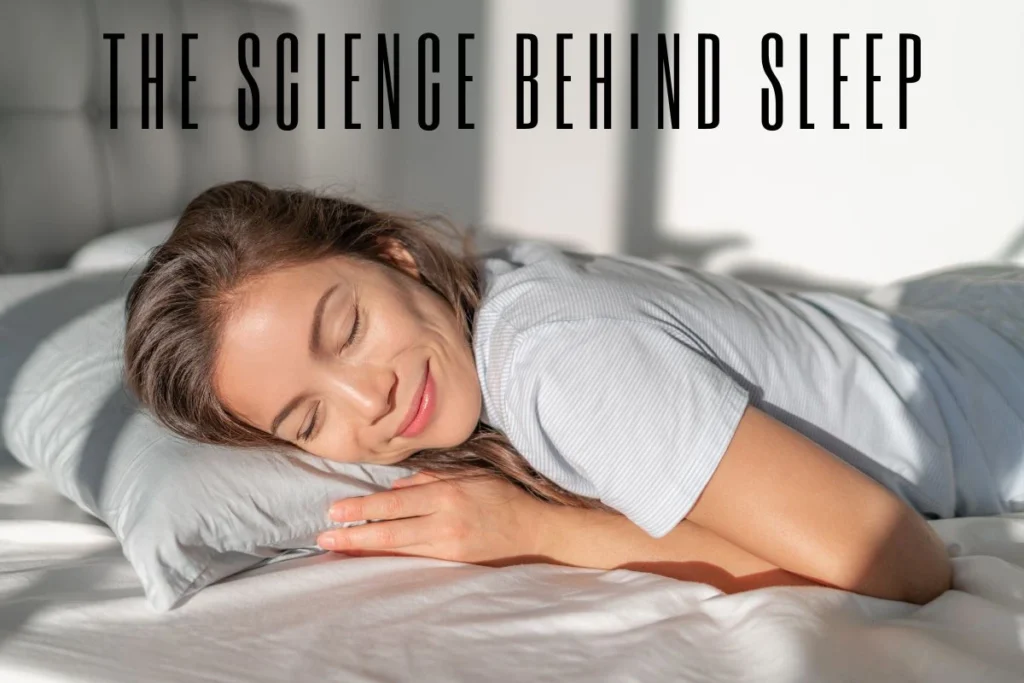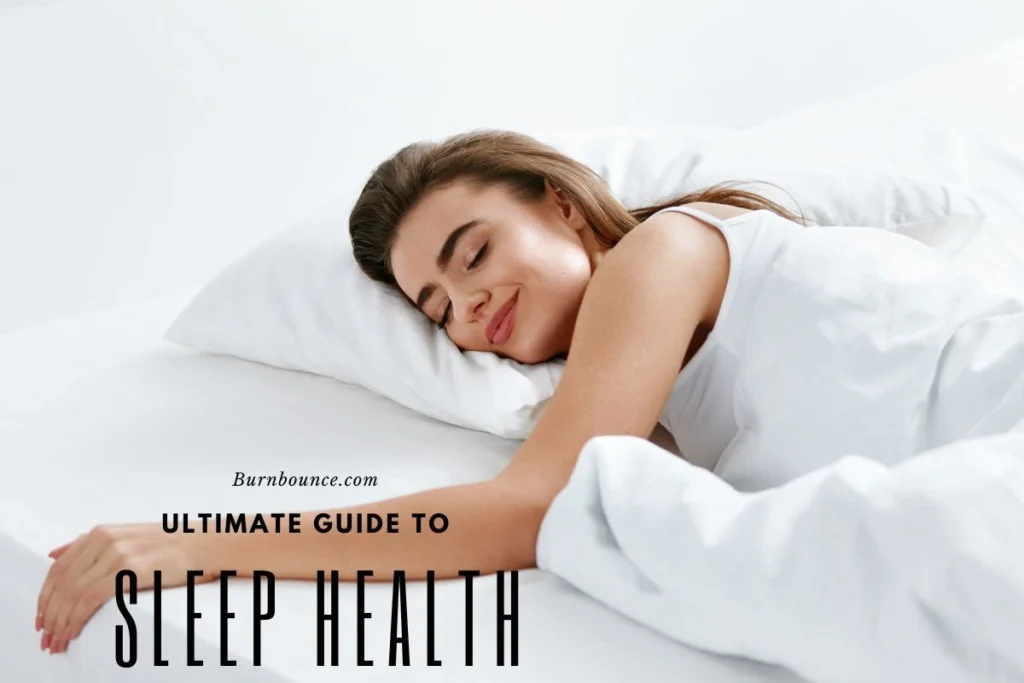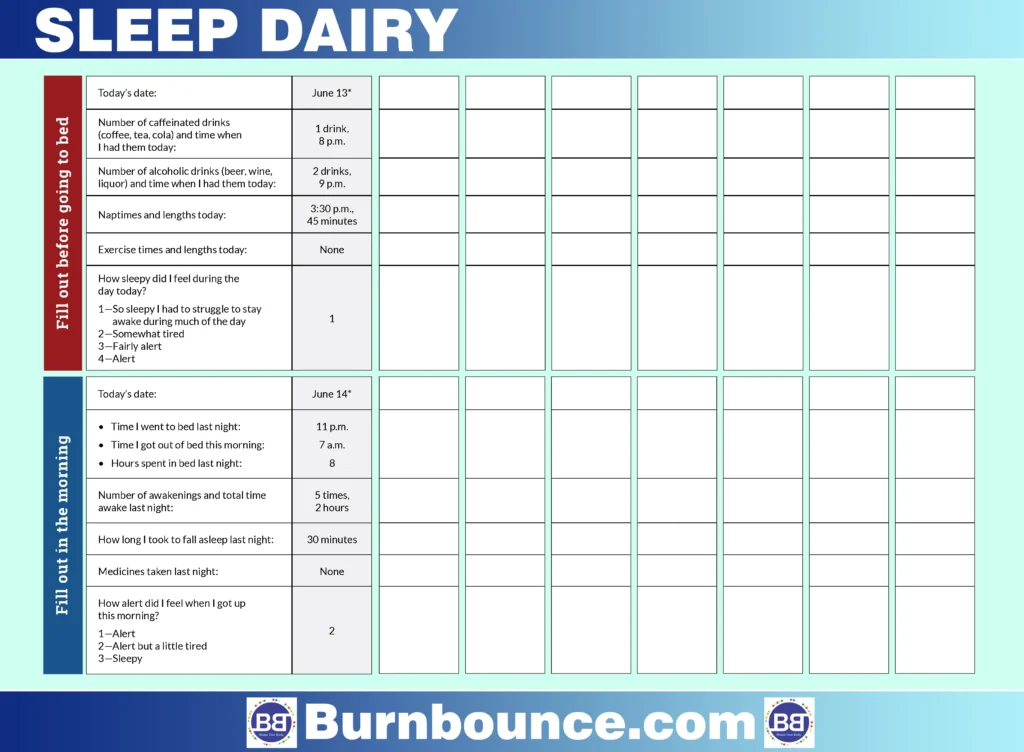The Ultimate Guide to Sleep Health: Work on Your Rest, Wellbeing, and Bliss
Frequently disregarded in our high-speed world, rest is a fundamental mainstay of generally speaking prosperity. Many individuals penance rest to satisfy step-by-step needs, uninformed that rest wellbeing is similarly pretty much as fundamental as food regimens and working out. Poor sleep influences mental clarity, emotional balance, and bodily health, leading to lengthy-term fitness troubles like weight problems, coronary heart disease, and weakened immunity.
In this complete guide, we discover the science behind sleep, its advantages, and professional-backed strategies to improve your sleep hygiene. You’ll also discover sensible gear like sleep diaries to track development and establish wholesome sleep styles. Whether you struggle with falling asleep or want to optimize your rest, this manual will offer actionable solutions to beautify your sleep and your well-being.
____________________________________________________________________________________________________________
What is sleep health, and why does it matter?
Sleep health refers to attaining constant, terrific sleep that supports mental and physical well-being. It consists of sleep duration, intensity, and regularity, which together impact mind features, emotional stability, and immune defense.
When sleep fitness is compromised—due to insomnia, stress, way of life habits, or sleep disorders—it triggers terrible outcomes, including:
- Cognitive Impairment: Poor sleep reduces awareness, reminiscence retention, and selection-making competencies.
- Mood Fluctuations: Sleep deprivation will increase the threat of tension, despair, and irritability.
- Weakened Immunity: Chronic sleep loss makes you extra vulnerable to illnesses.
- Increased Risk of Chronic Diseases: Diabetes, obesity, cardiovascular illnesses, and excessive blood strain are all associated with insufficient sleep.
Prioritizing healthful sleep conduct can notably enhance strength levels, productivity, and long-term fitness.
________________________________________
The Science Behind Sleep: Understanding Sleep Cycles and Circadian Rhythms

The Four Stages of Sleep
Each night, your frame cycles via four sleep tiers, which can be essential for restoration and recuperation:
Stage 1 (Light Sleep): Transition from wakefulness to sleep, lasting a few minutes.
Stage 2 (Deeper Sleep): Heart rate and temperature drop as your frame prepares for deep sleep.
Stage 3 (Deep Sleep): The most restorative segment wherein muscle increase, immune characteristics, and cell repair occur.
REM (Rapid Eye Movement) Sleep: Increased brain activity supports the consolidation of memories and the processing of emotions.
Circadian Rhythms: Your Body’s Inside Clock
Your circadian beat is an organic cycle that controls rest wake styles, provoked with the guide of light exposure. Disrupting this rhythm (e.g., overdue night display time, irregular schedules) impacts melatonin manufacturing, making it tougher to fall and live asleep.
To assist a healthy circadian rhythm:
- Stick to a consistent sleep timetable, even on weekends.
- Get natural daylight exposure during the day.
- Avoid blue light exposure from monitors at least an hour earlier than from the mattress.
__________________________________________________________________________________
The benefits of prioritising sleep health
It boosts energy and productivity.
A nicely rested frame enhances intellectual clarity, cognitive characteristics, and trouble-fixing abilities. High-quality sleep permits for higher cognizance, creativity, and performance in each day’s sports.
Enhances Emotional Well-Being
Good sleep balances stress hormones, decreasing tension and mood swings. Those who sleep properly enjoy more emotional balance and resilience to pressure.
Strengthens the Immune System
During deep rest, the mind produces cytokines—proteins that assist with combating diseases and aggravation. Unfortunate rest debilitates the safe reaction, making you more inclined to contamination.
Supports heart health.
Consistent sleep facilitates changes in blood stress and cardiovascular characteristics, reducing the threat of coronary heart disease and stroke.
Aids in Weight Management
Sleep impacts hormones that alter starvation. Poor sleep will increase ghrelin (starvation hormone) and decrease leptin (fullness hormone), leading to overeating and weight advantage.
The Ultimate Guide to Sleep Health: Improve Your Rest, Health, and Happiness
Sleep is often overlooked in our fast-paced world, yet it is a fundamental pillar of overall well-being. Many people sacrifice sleep to meet daily demands, unaware that sleep health is just as crucial as diet and exercise. Poor sleep affects mental clarity, emotional stability, and physical health, leading to long-term health issues like obesity, heart disease, and weakened immunity.
In this comprehensive guide, we explore the science behind sleep, its benefits, and expert-backed strategies to improve your sleep hygiene. You’ll also discover practical tools like sleep diaries to track progress and establish healthy sleep patterns. Whether you struggle with falling asleep or want to optimize your rest, this guide will provide actionable solutions to enhance your sleep quality and overall well-being.
What is Sleep Health and Why Does It Matter?
Sleep health refers to achieving consistent, high-quality sleep that supports mental and physical well-being. It includes sleep duration, depth, and regularity, which collectively impact brain function, emotional balance, and immune defense.

When sleep health is compromised—due to insomnia, stress, lifestyle habits, or sleep disorders—it triggers negative effects, including:
- Cognitive Impairment: Poor sleep reduces concentration, memory retention, and decision-making abilities.
- Mood Fluctuations: Sleep deprivation increases the risk of anxiety, depression, and irritability.
- Weakened Immunity: Chronic sleep loss makes you more susceptible to illnesses.
- Increased Risk of Chronic Diseases: Insufficient sleep is linked to diabetes, obesity, cardiovascular diseases, and high blood pressure.
Prioritizing healthy sleep habits can significantly improve energy levels, productivity, and long-term health.
Circadian Rhythms: Your Body’s Internal Clock
Your circadian rhythm is a biological cycle that regulates sleep-wake patterns, influenced by light exposure. Disrupting this rhythm (e.g., late-night screen time, irregular schedules) affects melatonin production, making it harder to fall and stay asleep.
To support a healthy circadian rhythm:
- Stick to a consistent sleep schedule, even on weekends.
- Get natural sunlight exposure during the day.
- Avoid blue light exposure from screens at least an hour before bed.
The Benefits of Prioritizing Sleep Health
Boosts Energy and Productivity
A well-rested body enhances mental clarity, cognitive function, and problem-solving skills. High-quality sleep allows for better focus, creativity, and efficiency in daily activities.
Enhances Emotional Well-Being
Good sleep balances stress hormones, reducing anxiety and mood swings. Those who sleep well experience greater emotional stability and resilience to stress.
Strengthens the Immune System
During deep sleep, the body produces cytokines—proteins that help fight infections and inflammation. Poor sleep weakens the immune response, making you more vulnerable to illness.
Supports Heart Health
Consistent sleep helps regulate blood pressure and cardiovascular function, reducing the risk of heart disease and stroke.
Aids in Weight Management
Sleep influences hormones that regulate hunger. Poor sleep increases ghrelin (hunger hormone) and decreases leptin (fullness hormone), leading to overeating and weight gain.
How to Track and Improve Your Sleep Health with a Sleep Diary
A sleep diary is a powerful tool for tracking sleep patterns and identifying disruptive habits. It helps uncover underlying sleep issues and guides improvement strategies.

How to Maintain a Sleep Diary
Include the following details daily:
- Bedtime and Wake-up Time
- Total Sleep Duration
- Sleep Quality Rating (1-10 Scale)
- Number of Night Wakings
- Pre-Sleep Activities (screen time, caffeine intake, relaxation techniques)
By analyzing patterns, you can adjust habits and create a customized sleep improvement plan.
Expert-Recommended Sleep Hygiene Practices
Establish a Consistent Sleep Schedule
Maintain the same bedtime and wake-up time daily, even on weekends, to regulate your body clock.
Optimize Your Sleep Environment
- Keep your bedroom cool (60-67°F).
- Use blackout curtains to eliminate light.
- Minimize noise with earplugs or white noise machines.
- Invest in a comfortable mattress and pillows.
Reduce Technology Use Before Bed
Blue light from screens suppresses melatonin production, delaying sleep onset. Limit screen time 30-60 minutes before bed.
Incorporate Relaxation Techniques
- Deep breathing exercises
- Gentle stretching
- Meditation or mindfulness
Watch Your Diet and Caffeine Intake
Avoid caffeine, nicotine, and heavy meals close to bedtime, as they can disrupt sleep.
Common Sleep Disorders and Solutions
Insomnia
Symptoms: Difficulty falling asleep, frequent night waking, early morning wake-ups. Solution: Maintain a consistent sleep routine, limit stimulants, and practice relaxation techniques.
Sleep Apnea
Symptoms: Loud snoring, choking sounds, excessive daytime sleepiness. Solution: Seek medical evaluation for CPAP therapy or lifestyle modifications.
Restless Legs Syndrome (RLS)
Symptoms: uncomfortable leg sensations and an irresistible urge to move them. Solution: Reduce caffeine intake, practice relaxation techniques, and consult a doctor if necessary.
Personal Experience: How I Improved My Sleep Health
For years, I struggled with inconsistent sleep due to stress and poor habits. I stayed up late scrolling on my phone, drank coffee too late, and had an irregular sleep schedule. Over time, I started tracking my sleep with a diary, reduced screen time, and established a calming nighttime routine. The difference was life-changing—I now wake up feeling refreshed, more focused, and ready to tackle the day.
This journey taught me that sleep is not a luxury but a necessity. When I prioritized sleep hygiene, my productivity, mood, and health dramatically improved.
Conclusion: Take Charge of Your Sleep Health
Sleep is the foundation of a healthy and fulfilling life. By understanding sleep science, maintaining a sleep diary, and implementing proven sleep hygiene strategies, you can enhance your sleep quality and overall well-being.
Start small—track your sleep patterns, adjust your bedtime routine, and create an environment that promotes relaxation. Your mind, body, and productivity will thank you.
For more expert insights on sleep health, wellness, and productivity, visit burnbounce.com—your trusted resource for better living!
Frequently Asked Questions (FAQ) on Sleep Health
1. How can I restoration my sleep fitness?
- Maintain a regular sleep schedule (equal bedtime & wake-up time).
- Create a darkish, quiet, and cool sleep surroundings.
- Avoid caffeine, alcohol, and heavy meals before mattress.
- Limit display time at least an hour before sleep.
- Practice rest strategies like deep respiratory or meditation.
2. What is the ten-three-2-1-0 rule for sleep?
This sleep ordinary enables improve sleep first-class:
- 10 hours earlier than mattress – No caffeine
- 3 hours earlier than bed – No heavy meals or alcohol
- 2 hours earlier than bed – No paintings or pressure-inducing responsibilities
- 1 hour earlier than mattress – No displays (TV, smartphone, and so on.)
- zero snooze button – Wake up without delays
3. What is sleep in fitness?
Sleep is a vital biological feature that restores power, supports brain feature, and strengthens immunity. Poor sleep will increase the danger of coronary heart disease, obesity, and intellectual fitness troubles.
4. How to improve sleep fine?
- Stick to a bedtime habitual to adjust circadian rhythm.
- Use blackout curtains and reduce noise.
- Exercise regularly however no longer too near bedtime.
- Try melatonin-wealthy meals like cherries or nuts.
5. Why do I awaken at 3 AM?
- Waking up at three AM may be due to:
- Stress or tension growing cortisol levels.
- Blood sugar drops triggering wakefulness.
- Poor sleep hygiene, inclusive of inconsistent sleep schedules.
6. How do I correct my sleep?
- Set a strict sleep-wake time table (even on weekends).
- Reduce naps to 20–half-hour max.
- Avoid stimulants like caffeine or nicotine in the night.
7. Is 6 hours of sleep enough?
For most adults, 6 hours isn’t always enough. Experts advocate 7-9 hours for most excellent fitness. Chronic sleep deprivation can purpose fatigue, poor cognizance, and fitness risks.
8. How can I deal with sleep certainly?
- Herbal teas (chamomile, valerian root) sell rest.
- Aromatherapy with lavender helps set off sleep.
- Magnesium-rich ingredients (bananas, nuts) useful resource sleep regulation.
9. What drinks help you sleep?
- Warm milk – Contains tryptophan, helping melatonin production.
- Chamomile tea – Natural sleep resource with calming residences.
- Tart cherry juice – Rich in melatonin, enhancing sleep first-rate.
10. How to sleep speedy?
- Try the four-7-eight breathing approach (inhale 4s, hold 7s, exhale 8s).
- Lower room temperature (60-67°F is good).
- Avoid displays & exercise mindfulness meditation.
11. What foods help you sleep higher?
- Almonds & walnuts – Contain melatonin & magnesium.
- Kiwi – Rich in serotonin, which aids sleep.
- Oatmeal – Increases melatonin manufacturing naturally.
Related
Related Posts
- How to Lose 10kg in a Month: Comprehensive Diet Plan PDF
- 45-Minute Kettlebell and Bodyweight Workout for Effective Fat Loss
- Discover the Influence of Lylith Lavey, Mackenzee Pierce, and PlanetSuzy on Yoga







